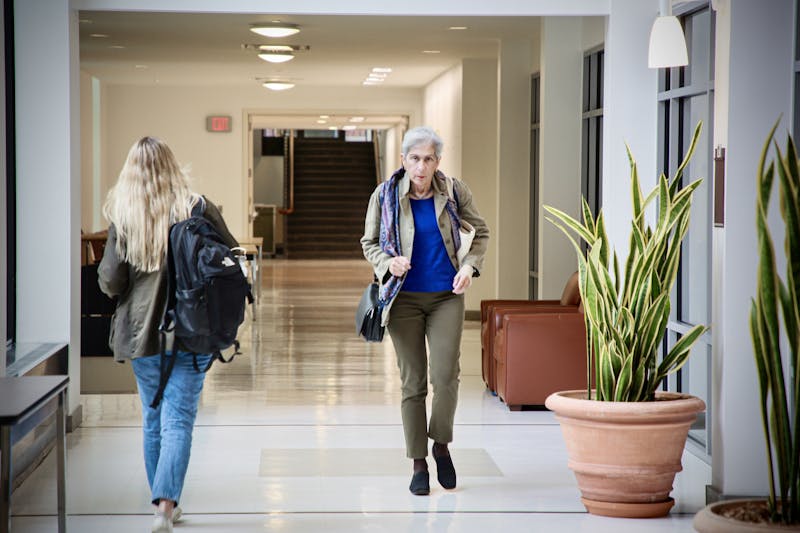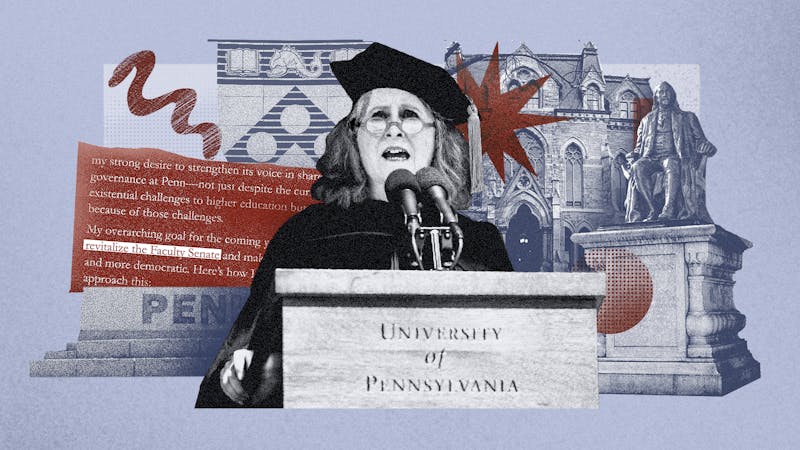
Although the Transit Workers Union meeting room remains adorned with pictures of past strikes, a tentative labor agreement ratified there Friday night has allayed fears of a mass transit work stoppage that would have stranded 400,000 Philadelphians. The agreement, reached on March 20 by the Southeastern Pennsylvania Transportation Authority and Transit Workers Union Local 234, was approved by 88 percent of the 2,494 members of the union's city transit division, which operates the city's buses, trains and trolleys. The new contract grants union members a 10.3 percent wage increase over three years. SEPTA is also now prohibited from hiring part-time employees, subcontracting union work and privatizing bus routes. "It's a contract that meets their needs at this time," Local 234 Trustee Harry Lombardo said. "I think that everyone in the Transport Workers Union is relieved that this is settled," said Lombardo, who negotiated the contract with SEPTA. "No one wanted to have another work stoppage. Strikes are very difficult for workers as well as those who can't use the service." Before this contract becomes official, final approval is required from SEPTA's board of directors, in a process that is generally considered a formality. "I would expect speedy board passage," SEPTA Assistant General Manager Fran Egan said. A major sticking point in approving the new contract was the cost of prescription drugs. After SEPTA's $8 million prescription drug contract expired in December, $22 million was the lowest bid received for one year of coverage. SEPTA also wanted to pass some of the skyrocketing costs for doctors' visits on to the membership. However, the new contract leaves SEPTA to foot the bill for all of these expenses, as it did before. "The union recognized that SEPTA needs to survive and SEPTA realized that you can't eradicate a [health care] plan that's been in existence for a long period of time with one fell stroke," said City Controller Jonathan Saidel, who referred to the new health care benefits as a "Chevy" instead of a "Rolls Royce." During the contract negotiations in mid-March, SEPTA announced that a fare increase will be instituted by July 1. However, Egan said that the higher rates are not related to the new contract. "We were looking for more revenue long before we knew what the details of the contract would be," Egan said, citing rising fuel and utility costs as the reasons for the increase. The 88 percent union approval, although seemingly high, is in line with acceptance rates of past contracts. "People tend to trust their [union] leadership and, to the extent that they don't, it's because of grievances usually not related to the contract -- such as union politics," a source familiar with the city budget said. Negotiators are still working to reach an agreement between Local 234 and SEPTA regarding the Frontier division, which provides bus service from Center City to Philadelphia's surrounding counties. Local 234 rejected the proposed agreement by a 60 percent margin on Friday on the basis of wage rates, according to Lombardo. The current pact expires on Friday. However, Egan was confident that a deal would soon be established. "We hope to have an agreement on the issue reached in the next couple of days," she said.
The Daily Pennsylvanian is an independent, student-run newspaper. Please consider making a donation to support the coverage that shapes the University. Your generosity ensures a future of strong journalism at Penn.
DonatePlease note All comments are eligible for publication in The Daily Pennsylvanian.







